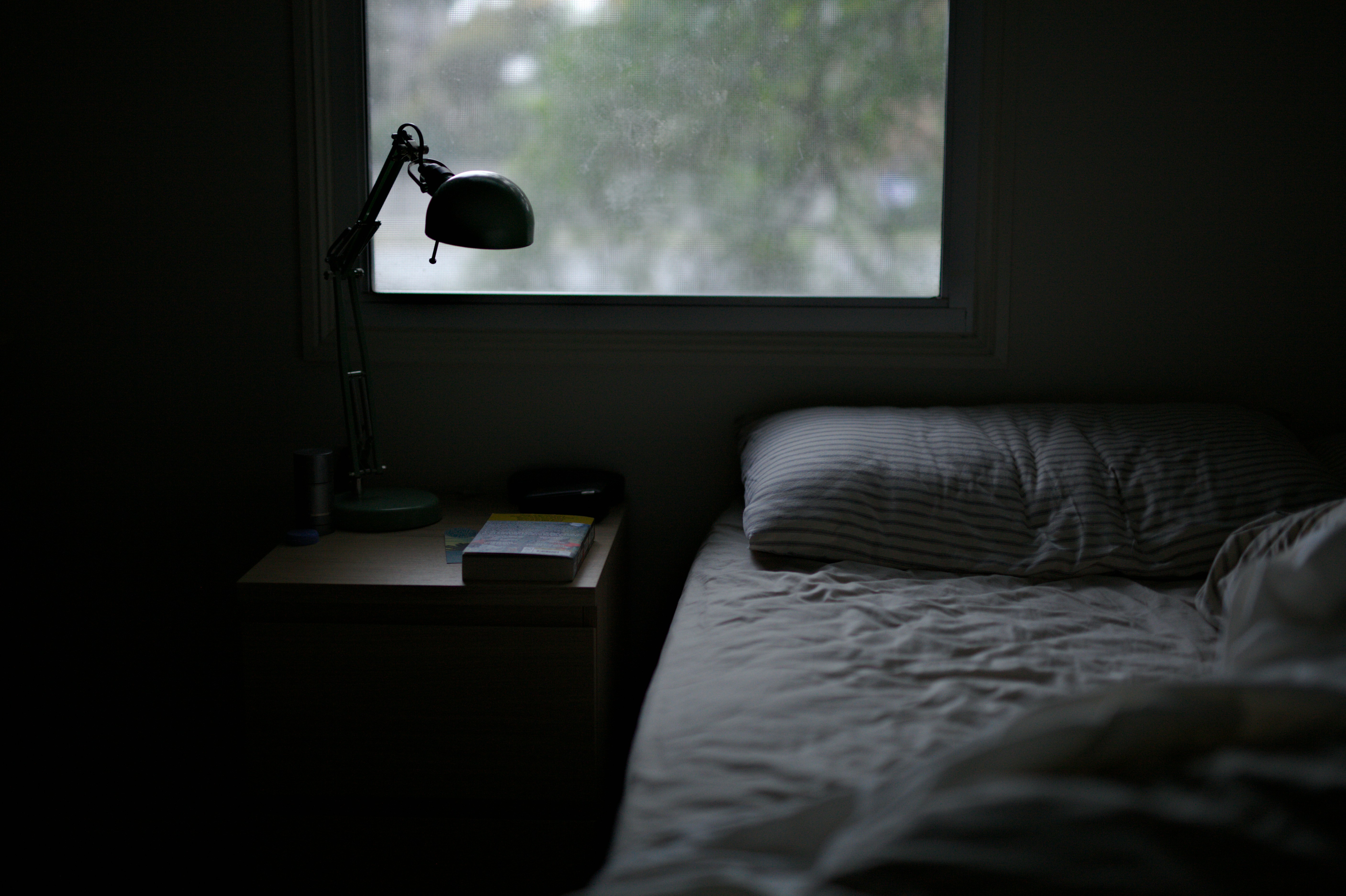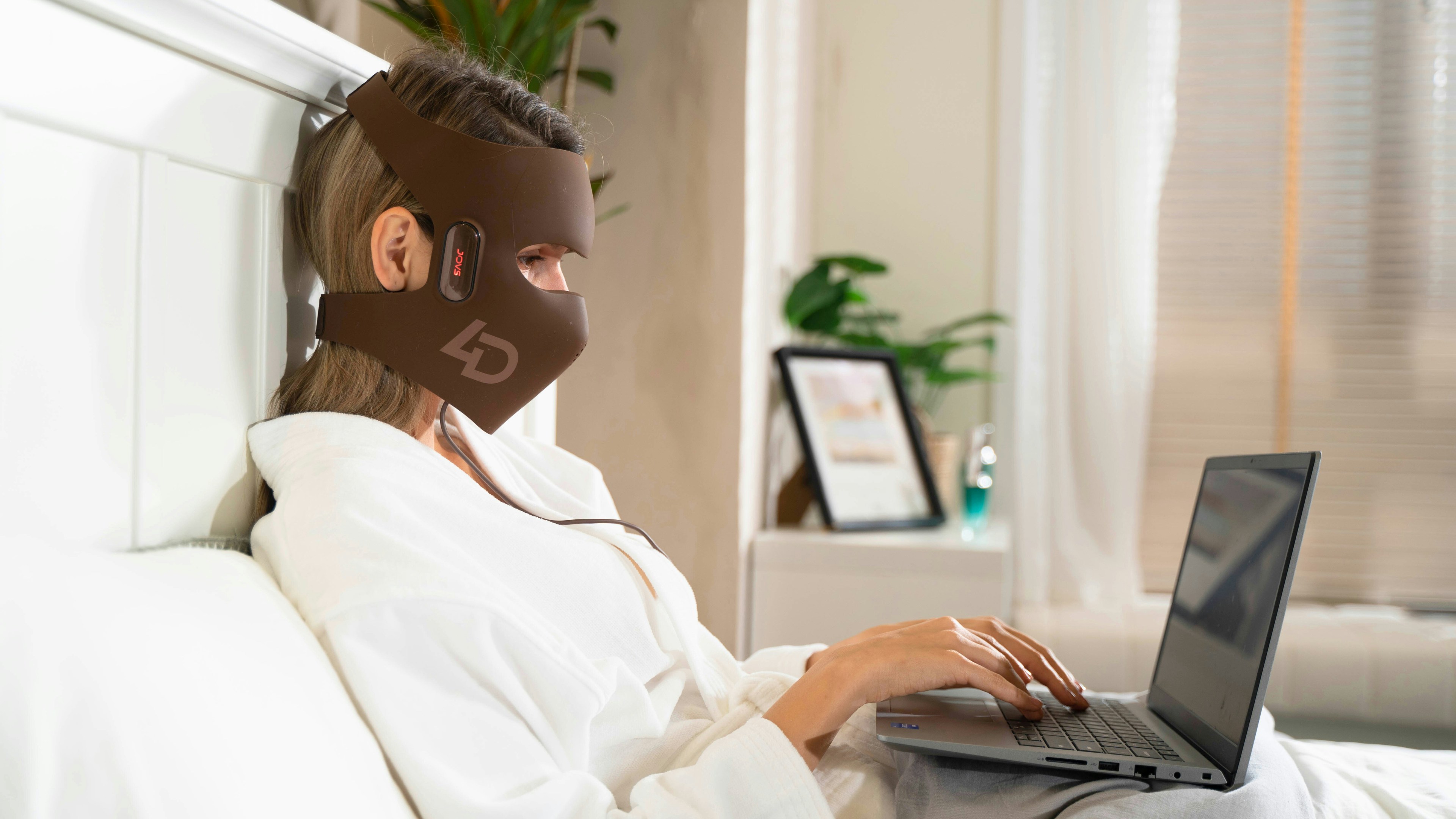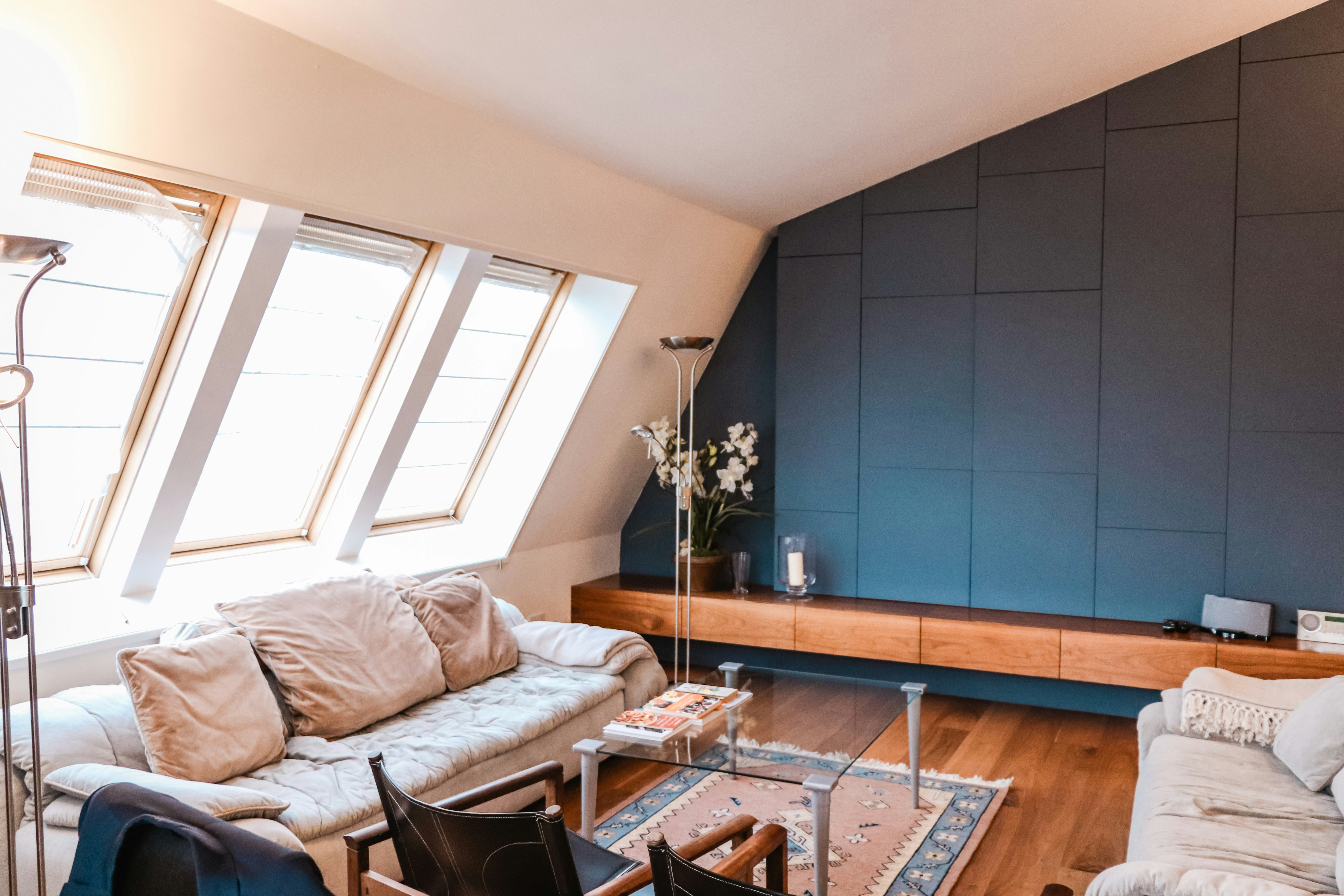Here’s a quiet truth: your nights are shaping your days of hearing. When sleep is off—thanks to insomnia, stress, or sleep apnea—voices seem fuzzier, background noise feels harsher, and tinnitus often turns up the volume at bedtime. The good news? Better sleep habits can make listening easier and ringing softer, starting this week.
Why Sleep Matters for Hearing (and Tinnitus)
Sleep is not a luxury for your ears. It’s maintenance time for the whole auditory system—from the tiny hair cells in your inner ear to the brain networks that decode speech and suppress tinnitus.
- Cochlear recovery: Your inner ear’s hair cells work hard all day converting sound to signals. Healthy sleep supports cellular repair and healthy blood flow—both essential for hearing.
- Inflammation control: Poor sleep ramps up systemic inflammation and vascular risk, which are linked to sensorineural hearing loss over time.
- Brain-side listening: Even with normal hearing, sleep debt hurts attention, working memory, and auditory processing. That’s why conversation feels tougher after a short night—especially in noise.
- Tinnitus perception: Fatigue reduces your brain’s ability to filter internal noise. Less sleep, more tinnitus awareness. More sleep, more resilience.
The Sleep Apnea–Ear Connection
Obstructive sleep apnea (OSA) doesn’t just steal oxygen and energy. Research links OSA to higher odds of hearing problems, likely via intermittent low oxygen, blood vessel stress, and inflammation. Treating OSA can improve daytime focus and may protect long-term ear health.
What to watch for
- Typical OSA clues: Loud snoring, witnessed breathing pauses, morning headaches, dry mouth, daytime sleepiness, brain fog.
- Ear-related clues: Worsening hearing-in-noise, fluctuating fullness or pressure, and louder tinnitus when sleep is poor.
CPAP and your ears
CPAP is the gold standard for OSA. Some people notice temporary ear fullness or mild pressure, because air can travel through the nose and Eustachian tubes to the middle ear.
- Ease the pressure: Work with your sleep clinician to optimize mask fit and ramp settings; a slower pressure ramp can help. Consider a heated humidifier to reduce nasal congestion.
- Persistent ear pain or hearing changes? That’s not typical—bring it up with an ENT and your audiologist.
Tinnitus at Night: Break the “Noisy Bedtime” Loop
Tinnitus often feels loudest in quiet rooms and tired brains. You can dial down the distress—even if the sound itself doesn’t vanish.
Science-backed strategies
- CBT-I (Cognitive Behavioral Therapy for Insomnia): It’s the first-line, drug-free treatment for chronic insomnia and has been shown to reduce tinnitus-related distress by improving sleep and how your brain reacts to sound.
- Sound enrichment: Gentle background sound helps your brain stop spotlighting tinnitus. Think soft broadband noise, nature sounds, or pink noise—played through a speaker, not earbuds.
- Ritual beats rumination: A 30–45 minute wind-down—dim lights, warm shower, light stretching, and journaling—tells your nervous system it’s safe to power down.
What about melatonin?
Small studies suggest melatonin may help sleep and sometimes tinnitus annoyance for some adults, but results vary. If you try it, use a low dose and talk with your clinician or pharmacist about timing and interactions.
Nighttime Sound: Helpful vs. Harmful
Quiet is good. Too quiet can be hard on tinnitus. Too loud is risky. Here’s the sweet spot.
- Use a speaker, not in-ear buds: Sleeping with earbuds or headphones can irritate the ear canal, trap moisture, and encourage higher volumes. If you must, use bone-conduction or a soft headband at very low volume—and keep ears dry and clean.
- Volume rule: You should easily hear a whisper in the room over the sound machine. That’s usually under ~45 dB at the pillow.
- Pick steady, gentle sound: Pink noise, rainfall, or low fan hum soothe the brain’s startle response better than sharp, variable audio.
- Timer optional, consistency essential: Some prefer sound all night; others set a 30–60 minute timer. Either is fine—consistency matters more than perfection.
Hearing Aids and Sleep: Do’s and Don’ts
- Don’t sleep in your hearing aids: It increases moisture, feedback, and risk of loss or breakage. Parks your ears (and your devices) overnight.
- Do try tinnitus programs—while awake: Many aids offer relaxation soundscapes via the app. For bedtime, stream to a speaker instead of wearing the aids to bed.
- Keep an alerting plan: If you remove aids at night, use a vibrating or flashing alarm clock and a phone set to visual/vibration alerts for safety.
Make Your Bedroom Hearing-Friendly
Small acoustic tweaks can make a big difference in how calm your nights feel.
- Soften the space: Rugs, curtains, and upholstered headboards reduce echo and harshness. Fewer hard, shiny surfaces = gentler sound.
- Quiet the “noisy four”: Door gaps, rattly vents, loose windows, and ticking clocks. Weatherstripping and felt pads are inexpensive wins.
- Choose the right sound machine: Look for a device with true broadband noise and fine volume control. Place it several feet away, not right at your ear.
- Light and temp: Dark, cool rooms promote deeper sleep (and calmer tinnitus). Aim for 60–67°F (15–19°C).
7-Day Hearing–Sleep Reset
Pick a start date. No perfection—just progress.
- Day 1: Baseline. Log bedtime, wake time, naps, caffeine/alcohol, tinnitus loudness (0–10), and how hard conversations felt.
- Day 2: Wind-down. Design a 30-minute routine: dim lights, stretch, warm shower, light read. Set phone to Do Not Disturb.
- Day 3: Sound check. Add soft pink noise at whisper-level. Ditch earbuds. Adjust until it fades into the background.
- Day 4: Caffeine audit. Last caffeine by early afternoon. Many people are caffeine-sensitive after 2 p.m.—especially if tinnitus spikes at night.
- Day 5: Sleep schedule. Fixed wake time (yes, weekends). Your body loves rhythm; tinnitus often does too.
- Day 6: Bedroom tune-up. Rug or towel under a door, heavier curtains, relocate ticking items, and test HVAC for rattles.
- Day 7: Review. Re-rate tinnitus and listening ease. Note wins and one habit to keep.
Lifestyle Levers That Help Both Sleep and Hearing
- Move daily: Even 20–30 minutes of daytime walking supports sleep pressure, circulation, and mood—great for hearing-in-noise stamina.
- Alcohol honesty: Nightcaps fragment sleep and can spike tinnitus for some. Try a 2-week alcohol holiday and track changes.
- Nicotine caution: Nicotine is a stimulant and vasoconstrictor—tough on sleep and blood flow to the inner ear. Cutting down often helps.
- Stress skills: Diaphragmatic breathing (4–6 breaths/min), mindfulness, or brief body scans lower arousal that fuels both insomnia and tinnitus distress.
When to Call a Pro
- Sleep specialist: Loud snoring, witnessed apneas, morning headaches, or irresistible daytime sleepiness warrant an evaluation. Treating OSA can transform how you think, feel, and hear.
- Audiologist: If conversations feel harder, tinnitus is new or changing, or you’re using sound nightly, a baseline hearing test is smart. It guides the right tools, from hearing aids to sound therapy.
- ENT/urgent care immediately: Sudden hearing loss, ear pain with fever, or one-sided pulsating tinnitus are medical issues. Don’t wait.
Bottom line: Sleep is hearing care. Small, steady changes tonight can make tomorrow’s conversations clearer and your tinnitus calmer. If you’re unsure where to start, partner with an audiologist and, if needed, a sleep clinician—they’ll tailor a plan to your ears, your life, and your goals.
Further Reading
- Hearing Supplements: Hype vs. Help (What Science Says) (Lifestyle) - Your Heart, Your Hearing: The Cardiometabolic Link You Can’t Afford to Ignore (Research) - Long COVID and Your Hearing: What We Know (and What to Do Next) (Research) - Sleep On It: How Nightly Rest Tunes Your Hearing and Calms Tinnitus (Research)Frequently Asked Questions
Can poor sleep actually cause hearing loss?
Chronic sleep problems are linked to higher inflammation and cardiovascular risk, which are associated with sensorineural hearing loss over time. Sleep apnea, in particular, has been tied to a higher risk of hearing impairment. While poor sleep isn’t the only cause, consistently better sleep is a smart, preventative move for your ears and brain.
Is it safe to sleep with earbuds or my hearing aids in?
It’s better not to. Earbuds and headphones can irritate the ear canal, trap moisture, and encourage higher volumes. Hearing aids should be removed to avoid moisture damage and breakage. Use a bedside speaker or sound machine at a low, whisper-level volume for safe sound enrichment.
My CPAP makes my ears feel full. Should I stop using it?
Ear fullness can happen as pressure equilibrates through the Eustachian tubes, especially if you’re congested. Don’t stop CPAP without guidance—untreated sleep apnea carries real health risks. Instead, talk with your sleep clinician about ramp settings and humidification, and see an ENT if ear symptoms persist or you notice any hearing changes.
What’s the best sound to sleep with tinnitus?
Pick steady, gentle noise—pink noise, soft rain, or a fan—played through a speaker at a volume low enough that you can still hear a whisper. The goal is not to drown out tinnitus, but to give your brain a neutral sound to settle with. Consistency matters more than the exact sound.



